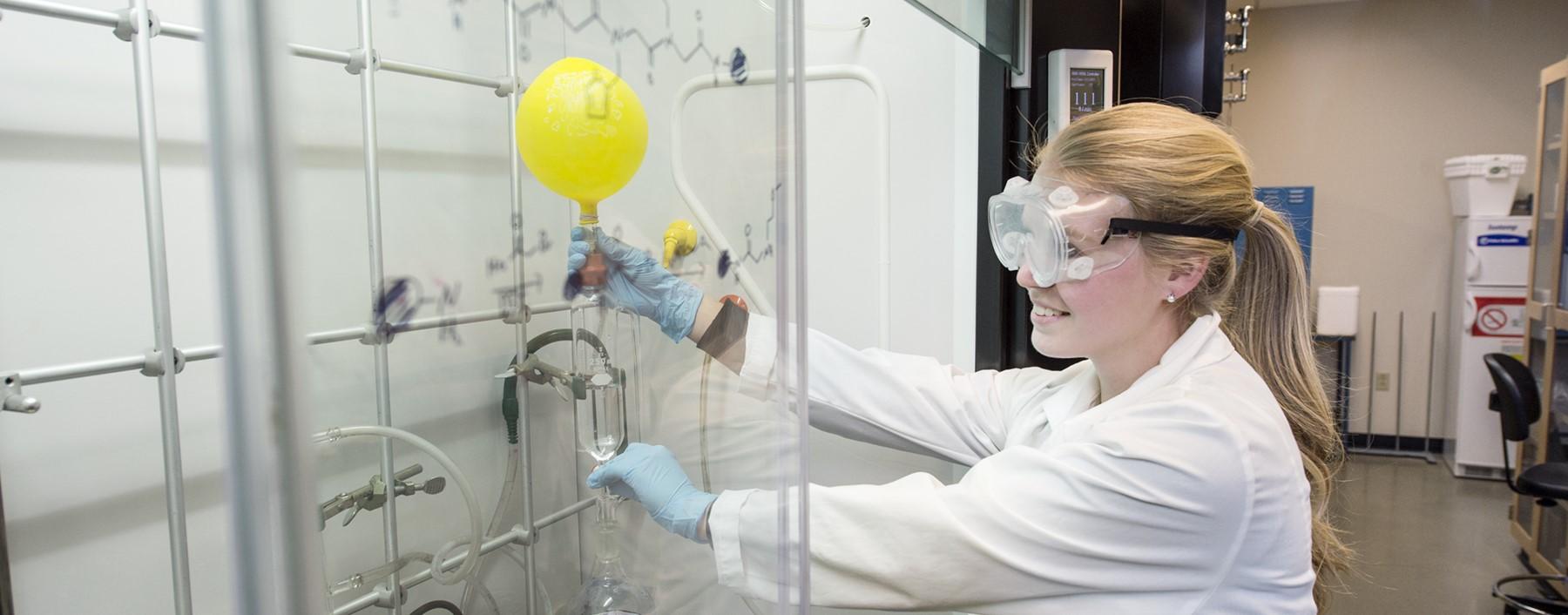Department of Chemistry
Description of Graduate Chemistry Courses
Courses in Chemistry [CHEM]
Graduate standing and permission of department are prerequisites for graduate courses in chemistry. The 5000-level courses also have the same prerequisites as listed for the corresponding 4000-level courses in the undergraduate catalog. Laboratory sections are listed separately and usually have course numbers ending in “1”
- Loading…
Follow Us!
Contact Us
Phone: (615) 898-2956
Fax: (615) 494-7693
Dr. Richard Nagorski, Professor and Chair
Department of Chemistry
Middle Tennessee State University
P.O. Box 68
Murfreesboro, TN 37132
